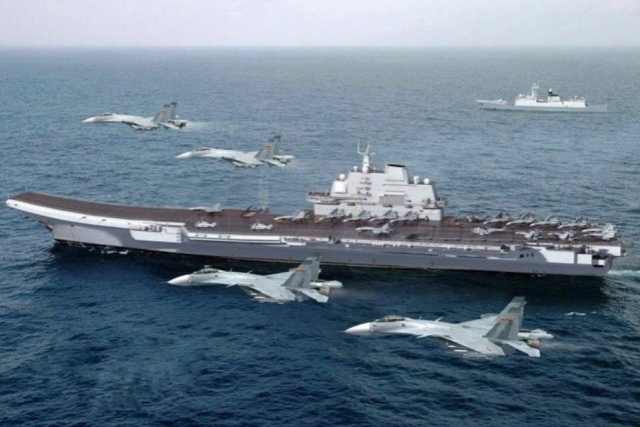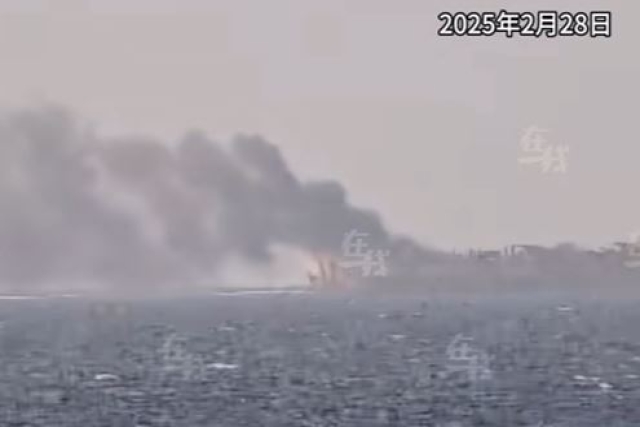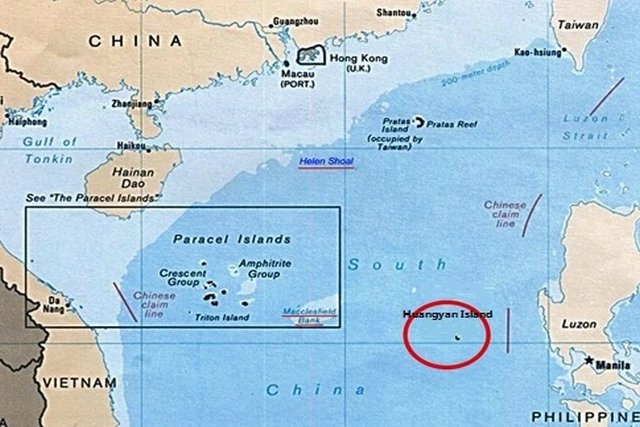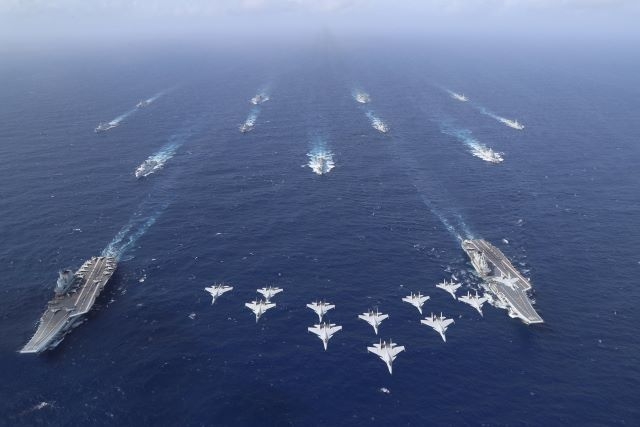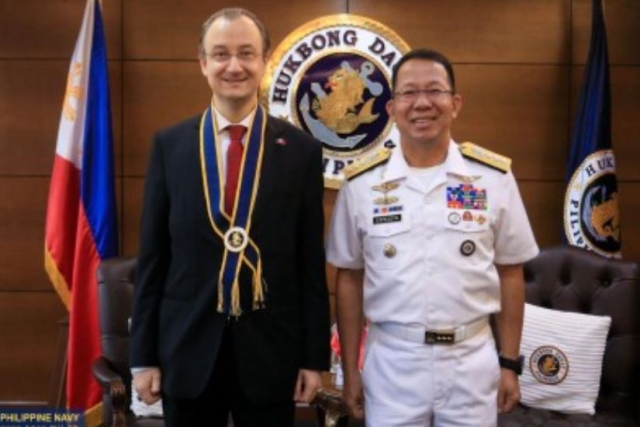China Reverses Aggressive South China Sea Rhetoric, Suggests Joint Maritime Community
Wants to jointly build maritime community with shared future with SCS Nations, says Chinese think tank report
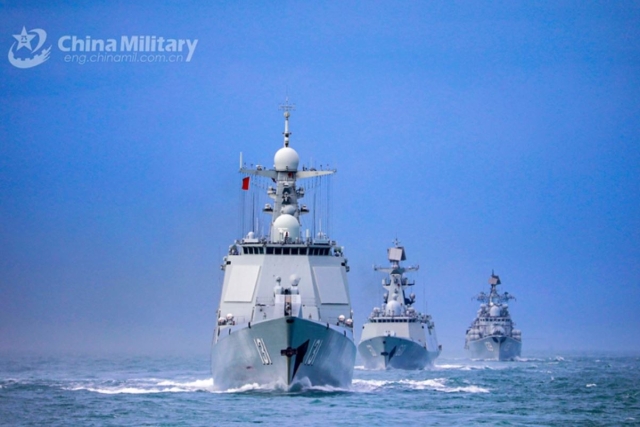
China has signaled a major shift in tone over the South China Sea dispute, calling for regional cooperation to build a “maritime community with a shared future,” according to a report released Sunday by the Xinhua Institute, a state-backed think tank affiliated with Xinhua News Agency.
The document, titled "Making the South China Sea a Sea of Peace, Friendship and Cooperation: China's Actions," outlines China’s willingness to work with Southeast Asian nations to promote stability, development, and dialogue in the contested region.
China claims nearly all of the South China Sea, a crucial route for global commerce, but faces overlapping claims from the Philippines, Vietnam, Malaysia, Brunei and Taiwan. Tensions have surged in recent years, particularly between China and the Philippines, amid close encounters near disputed features like Scarborough Shoal and Second Thomas Shoal.
The report says China and the coastal nations “not only share immediate interests in peace and development and common aspirations for a better future, but also draw strength from their shared historical civilization.” It proposes joint efforts to turn the region into a zone of “peace, friendship and cooperation.”
To manage disputes, the Xinhua Institute presented four guiding principles: resolving issues through equal-footed consultation, managing differences via rules-based co-management, pursuing mutual gains through cooperation, and rejecting external interference while welcoming constructive participation.
“China has long been committed to managing tensions and exercising great restraint in disputes,” the report claims, while blaming regional instability on outside actors such as the United States, Japan, and Australia.
According to the report, military and diplomatic involvement by external countries has encouraged unilateral actions by claimant states and undermined efforts at cooperation. It warns that U.S. “freedom of navigation” operations and military reconnaissance missions have grown “increasingly aggressive,” approaching Chinese coastlines more closely than before.
The report emphasizes that maritime disputes should remain in the hands of countries directly involved and cautions against “fantasizing” about external solutions. Recent clashes, such as the grounding of a Chinese fishing vessel near Thitu Island, have only heightened concerns about the potential for escalation.
On Saturday, a suspected Chinese militia ship ran aground near the Philippines-occupied Thitu Island. Philippine troops, alerted by villagers, offered help but later saw the vessel had already been pulled away.
Despite persistent tensions, the Chinese report notes that bilateral mechanisms already exist. It highlights past and present dialogue frameworks between China and countries like Indonesia, Malaysia, and the Philippines. However, several initiatives — including joint exploration agreements — have yet to yield tangible results.
In a rare acknowledgment of regional cooperation, the report praises ongoing collaboration in areas such as fisheries, oil and gas, and marine environmental protection.
New maritime initiatives launched
Coinciding with World Ocean Day on June 8, China also launched two new maritime projects — the South China Sea Tsunami Advisory Centre and a deep-sea testing facility. These initiatives, based in Hainan province, aim to improve marine disaster forecasting and promote international scientific cooperation.
The tsunami center will offer early warning services for tsunamis, marine heatwaves, and algal blooms, according to Xinhua. China’s National Marine Environmental Forecasting Centre and the Hainan provincial oceanic administration are leading the effort.
